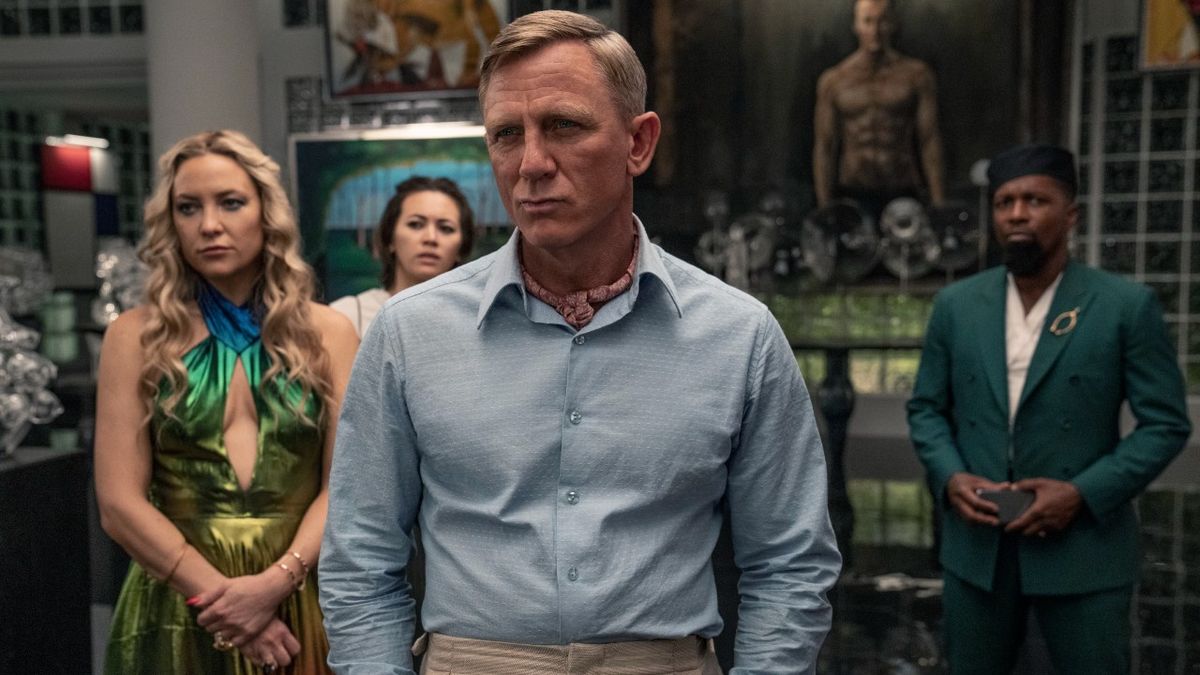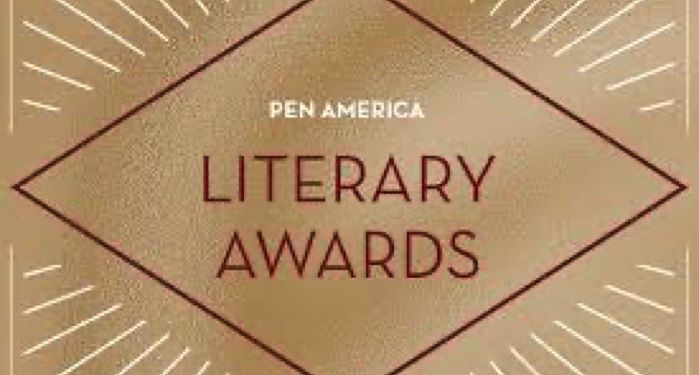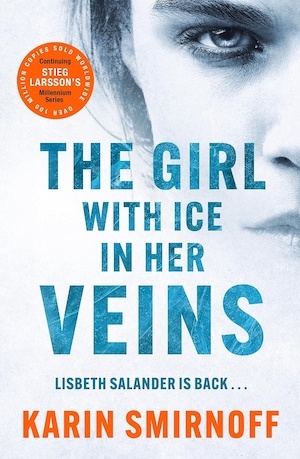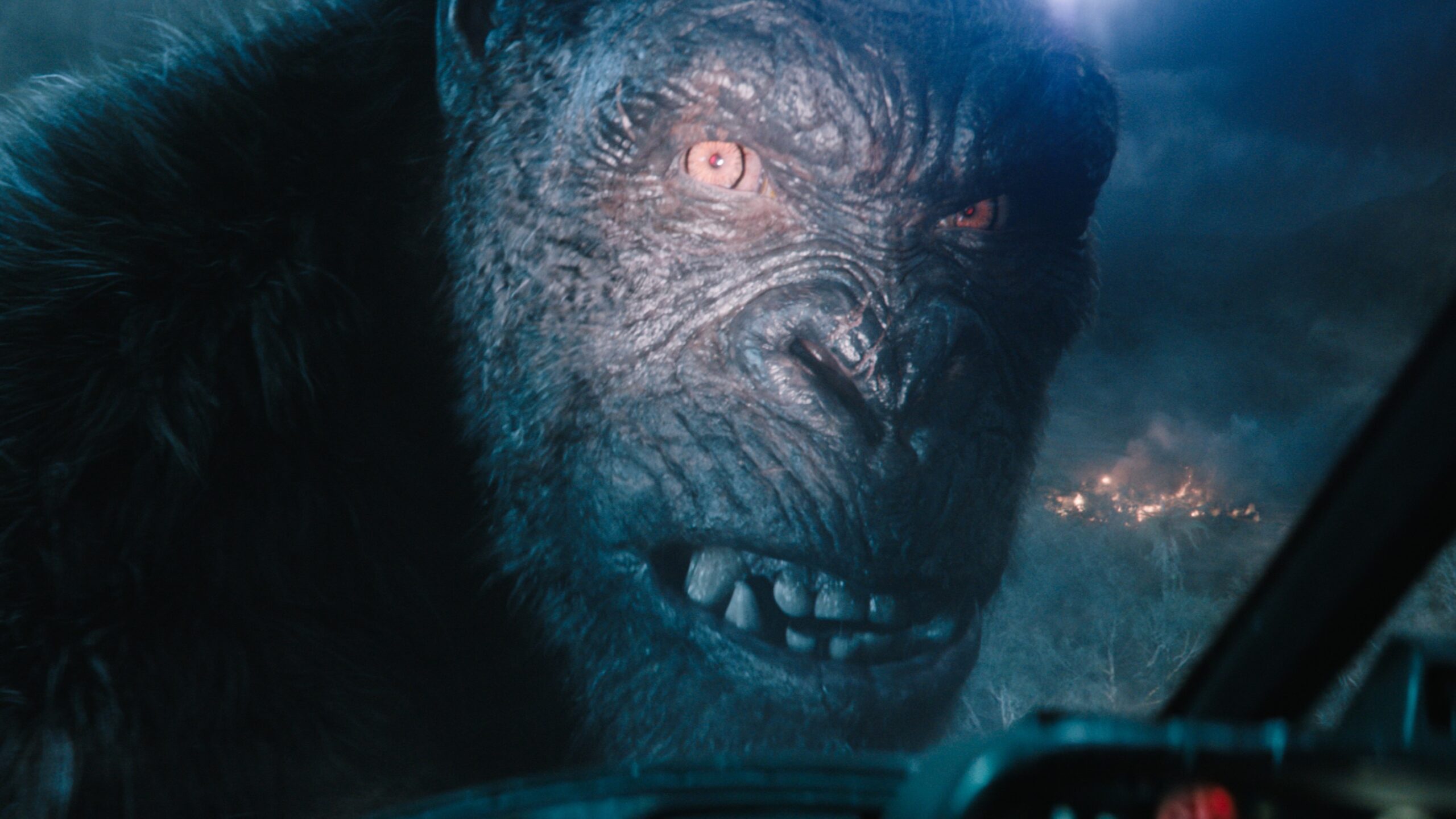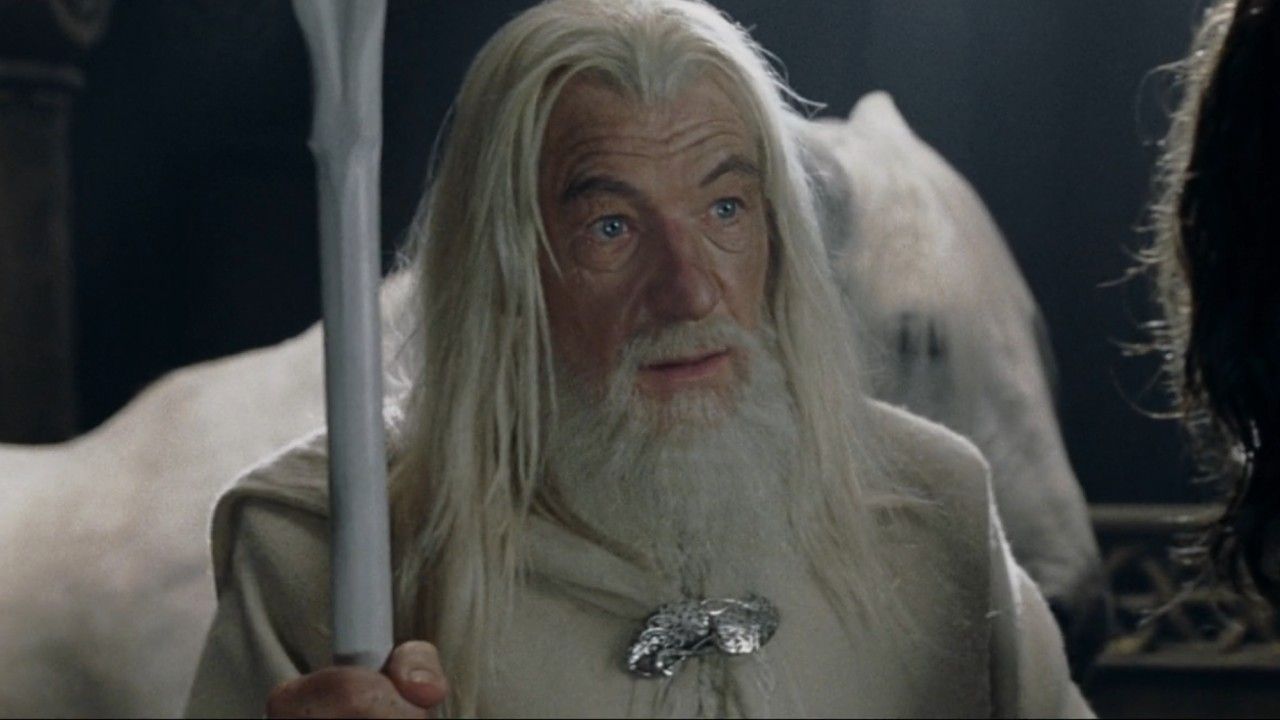Anna Sinjari is a Kurdish woman dealing with both office drone existential dread and the lingering trauma of the violence she escaped when she immigrated to America. Ssrin is an alien on the run, who immediately bonds with Anna when they encounter each other in Central Park. As a cosmic crisis looms, the pair’s uncanny connection could be what saves Earth from destruction—or dooms it.
When you were first forming the ideas that became Exordia, what concept crystallized first?
I was in study hall in high school in 2002 or 2003, and because it was 2002 or 2003 and I was about 14 years old, of course I was thinking about Lego Bionicle: an action figure line with a weirdly compelling (and somewhat uncomfortably appropriative) world based on Maori and Polynesian myth. And I was also thinking about space. And when you put those two together, you might think to yourself, what if Lego Bionicle was invaded by space aliens? So I wrote a story about that.
And it turned out in the course of this story—inspired by Garth Nix’s Sabriel—that, like many fantasy villains, the invading aliens were evil. Not just destructive, or behaviorally incompatible, or obeying an alien set of beliefs or incentives or values, but actually, in a real physical way, inhabited by capital-e Evil. After many years I got to thinking, huh, what would that mean for a galaxy of inhabited life?
You can’t do this story with human beings. I think the idea of a human culture that is intrinsically evil is itself unhuman, it’s an evil thought experiment. It’s too close to so many lies that have been used to justify suffering and genocide. And one of the duties, maybe the only duty of a writer, is “You will not spread lies.” But it is nonetheless an idea humans entertain anyway: What if my moral enemies were not just wrong, but actually, ontologically evil? I think that when we get into disagreements or fights or actual life-or-death conflicts with other humans, there is still a part of us which craves that certainty.
“What if, along the way, we had to work with people we’ve treated quite badly?”
Do you think Exordia depicts how Earth would respond to an alien invasion in real life?
To this specific subtype of alien invasion, where the aliens are hostile, where they are advanced but still roughly constrained by the need for a ship and a physical presence and so forth, where they need something from the planet and can’t just kill us all with impunity from on high?
Sure. I’ll say yes! Just cause I’m really interested to see what email I get as a result. Yes, it’s an accurate depiction of how we’d react to that scenario.
We have one advantage in this book that we probably wouldn’t get in real life, which is that the aliens need something specific from our planet, and we have a chance to get to it first. I suspect that if you narrowed this question to “Does this book accurately depict how Earth would respond to a bizarre radio signal from the Qandil Mountains in Iraqi Kurdistan?” then my answer is “Yes, to the best of my ability, with a few concessions for dramatic effect.” But I also bet that if you got the national security advisor or the Joint Chiefs of Staff or their counterparts from Iran or China or Russia or Turkey or Pakistan, etc. etc., to do an interview with me, they could give me some pointers on what I got wrong.

I loved the choice to make Anna Kurdish. What drew you to the Kurds when building her character?
In 2019, a guy named Jon Schwarz wrote something which seems pretty correct: “Nothing in the world is certain except death, taxes, and America betraying the Kurds.”
What’s really striking about the Kurds to an American is that they are a huge challenge to American exceptionalism. We see ourselves as the birthplace of modern democracy. We like to believe that we bring democracy to places we invade. But of course we fuck it up constantly, we create this hideous cauldrons that spawn monsters. Yet the Kurds, living in exactly that kind of cauldron, have produced some social movements which are dramatically more egalitarian and democratic, in some respects, than anything you could campaign on in America. Try to get a law passed in the U.S. which says you must have as many women as men present at every level of government. Try to declare that women are the primary actors of history and that women’s liberation is the central task of human liberation. You’d never make it past the local selectboard. But not only have Kurds in places like Rojava made these declarations into central principles of their communities, they have done so in the kind of war-torn, chaotic environment that Americans, I think, implicitly believe can only spawn groups like ISIS.
I am not here to beatify the Kurds. Like any group of people they have evils and mistakes and dark history. It is always dangerous to just pick an ethnic or cultural group and treat them like your favorite Pokémon. But I am here to put the Kurds and their relationship with the United States at the center of a science fiction story. Very probably, even with the help of some Kurdish readers, I have fucked it up in some significant ways. But there are so many science fiction stories which treat America’s generous military and aerospace resources as a guarantee that we would be the protagonist of first contact. What if, along the way, we had to work with people we’ve treated quite badly? What if they had their own efforts at first contact, their own communication with the aliens, established before we even arrived?
What if, as has so often been the case, we ended up doing as much to harm as to help?
Exordia’s various female characters contemplate their place in the macho-man pressure cooker of the military. What choices do you have to make as a writer to examine such a topic while also letting the characters breathe and the story flow?
When it comes to the culture of the United States military in 2013, when Exordia is set, I’m pretty much just a reporter. It’s not hard to talk to vets or current service members on the internet and get their feedback. You never take it uncritically, but you can get a much stronger idea of how these characters would think and act than you would by just watching “Generation Kill” for the ninth time. And of course everyone has strong opinions about the place of women in the military.
A big theme in talking to vets was the idea that in the military, a lot of people don’t really care who you are as long as you do your job and understand the culture—but you’ve got to withstand a degree of hazing and offensive irreverence to prove that you’re tough. Some women I spoke to took a lot of pride in giving as good as they got, in the idea that the military is an endless generator of both stupid bullshit and transgressive humor. Not every woman in the military has the same beliefs as me, an avowed feminist but definitely a civilian. I tried to respect that.
Ultimately, I just tried to give each character their own opinions and values. A joke one character would make offhand strikes another as grotesque and offensive. Black people in the military say things to each other that another Black character would never say in the Obama White House. There were some lines I didn’t want to cross, but other places where expert readers pushed me to just make the characters sound like real people they’d known (or been). My rule was that I wouldn’t write anything I wouldn’t be comfortable reading out loud to a good faith audience.
“If your characters care deeply about what’s happening, so will the readers.”
Daniel M. Lavery’s review of Exordia calls it “a comprehensive taxonomy of violence at every level.” Do you agree with him? Was that an intentional focus on your part?
Sure. I think the problem of violence is an intentional focus in all my work. There’s this override code for any disagreement in the universe, which is, you just go kill the other guy. You’re a little slimeball in the primordial ocean and you can’t get enough carbon? Well, you could evolve a novel strategy of carbon fixing, and chill out reproducing without hurting anybody else. Or you could just eat your neighbor and take its carbon. Which one’s more likely to evolve?
Everything in the universe faces this problem. They say never argue with an idiot, because they’ll drag you down to their level and beat you with experience. But how do you make anything good and durable in the universe when you’re constantly being dragged down to the level of “Do what we want or we’ll kill you,” or, alternately, “Nice industrialization, but you fucked up your environment and now you can’t get any calories lol.” The need to defend your own existence from violence, whether intentional or natural, is the idiot. And it keeps on dragging you down.
Exordia in particular is about what we do when violence is used to coerce us. If someone holds a gun to your head and says “Shoot one of your relatives, or we will shoot them all,” is it morally better to do what they’re forcing you to do, because you cannot be held responsible for someone else coercing you into evil—the evil is ultimately theirs? Or better to refuse, because you will not enable evil by complying with it? Or better to make a grab for the gun, because you’re so hopping mad you’d rather die fighting? Or better to never get into this situation in the first place, to treat your lack of answering violence as the real moral wrong?
When you think back on writing Exordia, what sequence or moment was the most memorable to put down on paper?
The finale, no question. Just the whole last act. The bit where things move fast, you’ll know it when you read it.
When it came to the humorous bits of your novel, did those moments arise naturally or did you find yourself intentionally deploying it in certain parts?
I never once thought “I should go back and script doctor this to add some humor.” Sometimes the situation just lenses through the characters in such a way that the resulting ray of focus points to something funny. It’s absolute death to a story, in my opinion, when the characters get too arch and self-reflexive about it. “So THAT just happened” is the quip that gets bagged on the most, but the real problem, I think, is nonspecificity. Self-reflexive humor is humor about recognizing a trend across stories, and if you’re recognizing a trend across stories, maybe you should instead be making your story different! If there’s gonna be a funny bit, it should be a joke that’s specific to those characters in that situation.
I am glad you thought there were funny bits, though. That’s a good sign.
When writing, how did you know when a scene or idea was working? How did you know when something wasn’t working, either tonally or logically?
If something is just going on and on, building up complications—whether it’s dialogue or an explanation of some alien phenomenon—it needs to be tossed. Now you might say, “this whole book goes on and on, building complications!” That is true. To tell you the truth, in a few months I will work up the courage to reread this thing, and then I will have to decide if it’s worked or if I should’ve tried again.
The real trick with this is that if a scene is not working it may be because of a mistake you made 10,000 words earlier. You got to this scene but didn’t find the right ingredients waiting, because 10,000 words ago, you didn’t get those ingredients ready.
And the realest trick of all is just that you’ve got to constantly be finding more important reasons for your characters to care about what happens. People ultimately care about people. If your characters care deeply about what’s happening, so will the readers. If it’s all confusing and opaque and alienating to your characters, then odds are it will be to the reader too. Now you might say, “This whole book is about a confusing, opaque, alienating artifact!” Yes. But it is hopefully an artifact that heightens what the characters care about, rather than concealing it.
What other works inspired you the most when writing this book?
Startide Rising by David Brin, just for the giddy maximalism of its alien galaxy—I read it very young. The Andromeda Strain and (more importantly) Sphere by Michael Crichton, for their absolutely terrifying scenarios of alien contact. A whole bunch of technothrillers, particularly by David Mace, an obscure British writer I adore. Eon by the late Greg Bear, the tributes there are pretty obvious.
Diane Duane’s Young Wizard books were a huge influence in their willingness to reckon directly with death and evil on a cosmic scale. C.J. Cherryh is a touchstone whenever I try to write anything tense or military-adjacent; I do not think I have grasped much of her style but it’s an ongoing project. Vonda N. McIntyre’s brutally under-read Starfarers books have one of my favorite aliens ever, Nemo the squidmoth; her “Star Trek” novels were also a huge early influence on me (same for Margaret Wander Bonanno’s and for Diane Duane’s “Star Trek” books). Catherynne M. Valente’s Palimpsest steered me into the multiple protagonist structure.
Do you think that serendure, the connection between two souls, is a real sensation?
No, I don’t. Not in the same way as compassion or camaraderie or love or hate. Those passions are the result of shared experiences with other people, and the attitudes that form in our minds. Even when we’re compatible with someone as a friend or a partner, we have to come to realize that inside ourselves.
Serendure isn’t just “you really vibe with someone.” It’s “Like it or not, you are stuck to each other.” Stuck so hard that if a bullet comes at you, then serendure will make sure it kills both of you, or neither. That doesn’t exist in reality, unfortunately. I can’t love someone enough to protect them from bullets, or hate them enough to share wounds. But it’s a pretty common idea in storytelling, whether it’s soulmates in romance or vendetta in tragedy. So serendure is like the cosmic generalization of that human story, like realizing that the sun in the sky is the same as all the stars.


